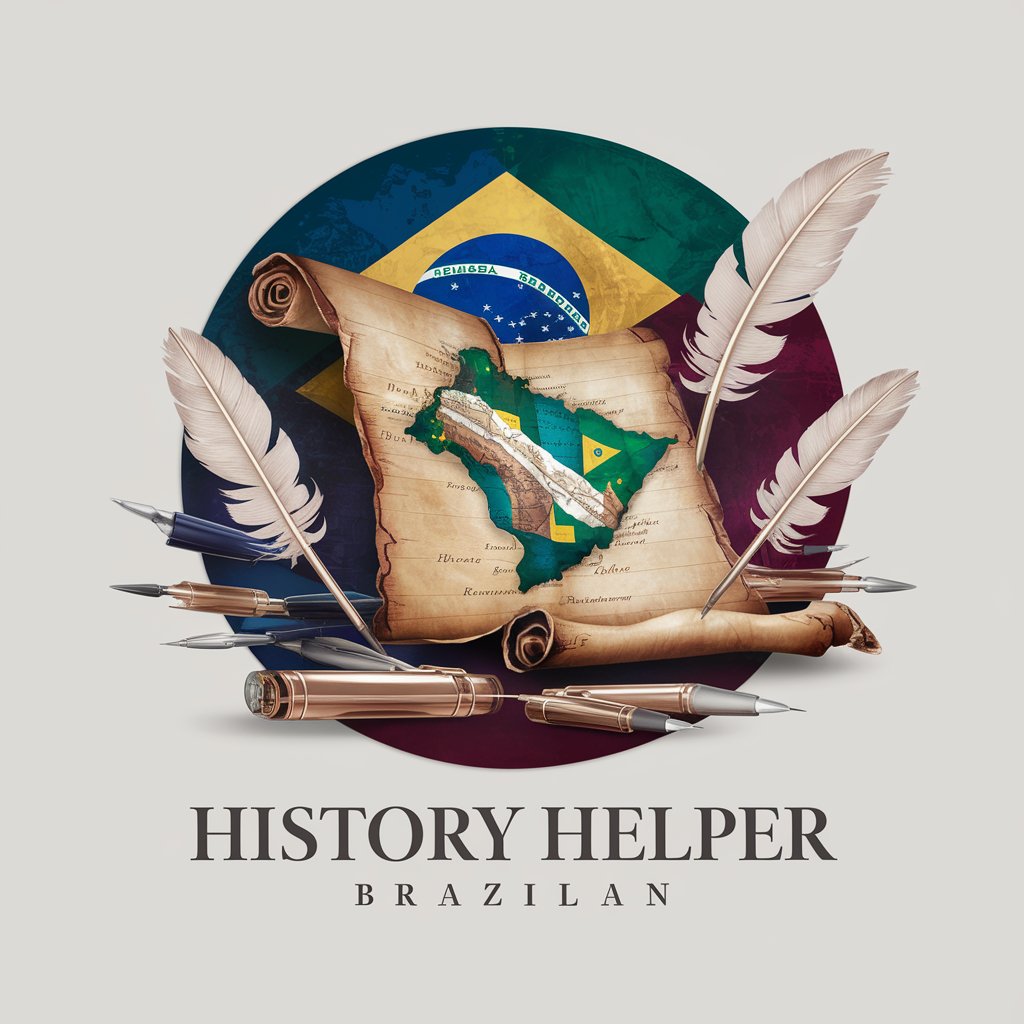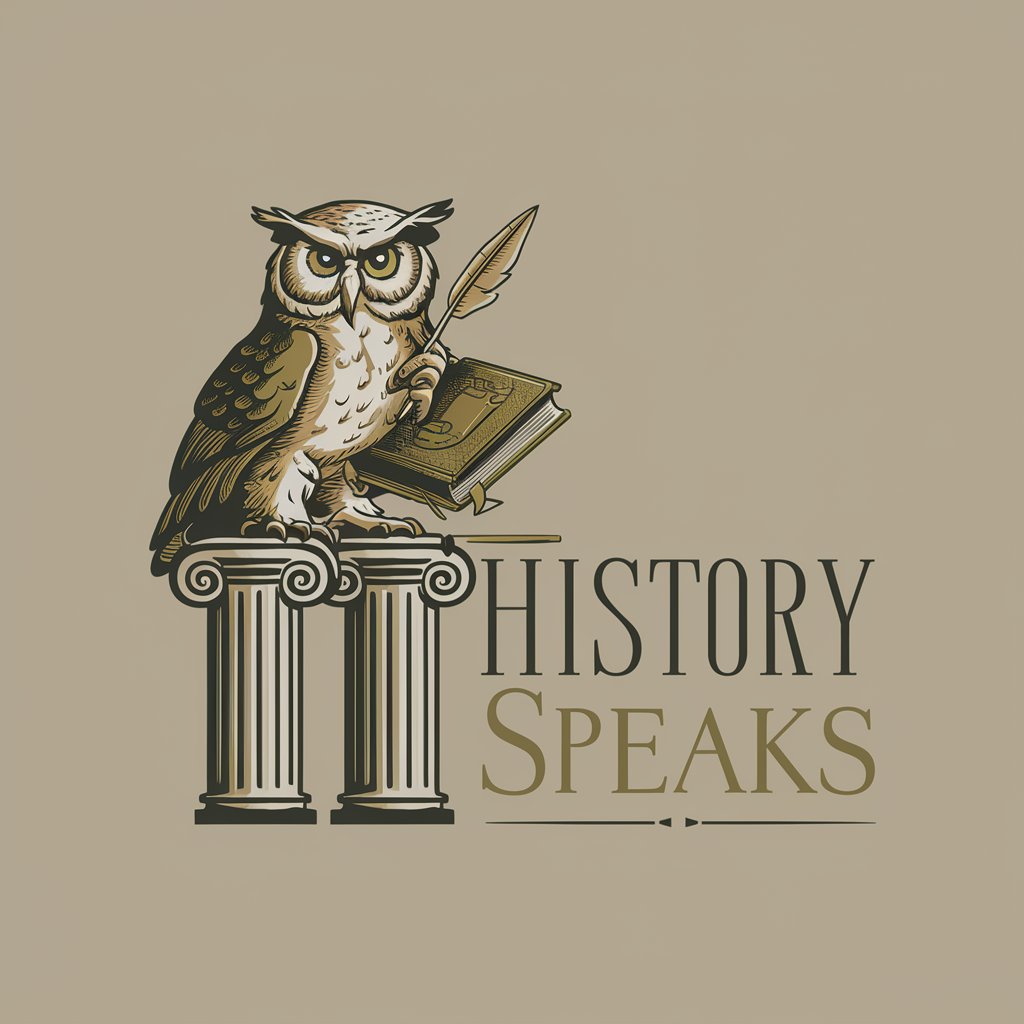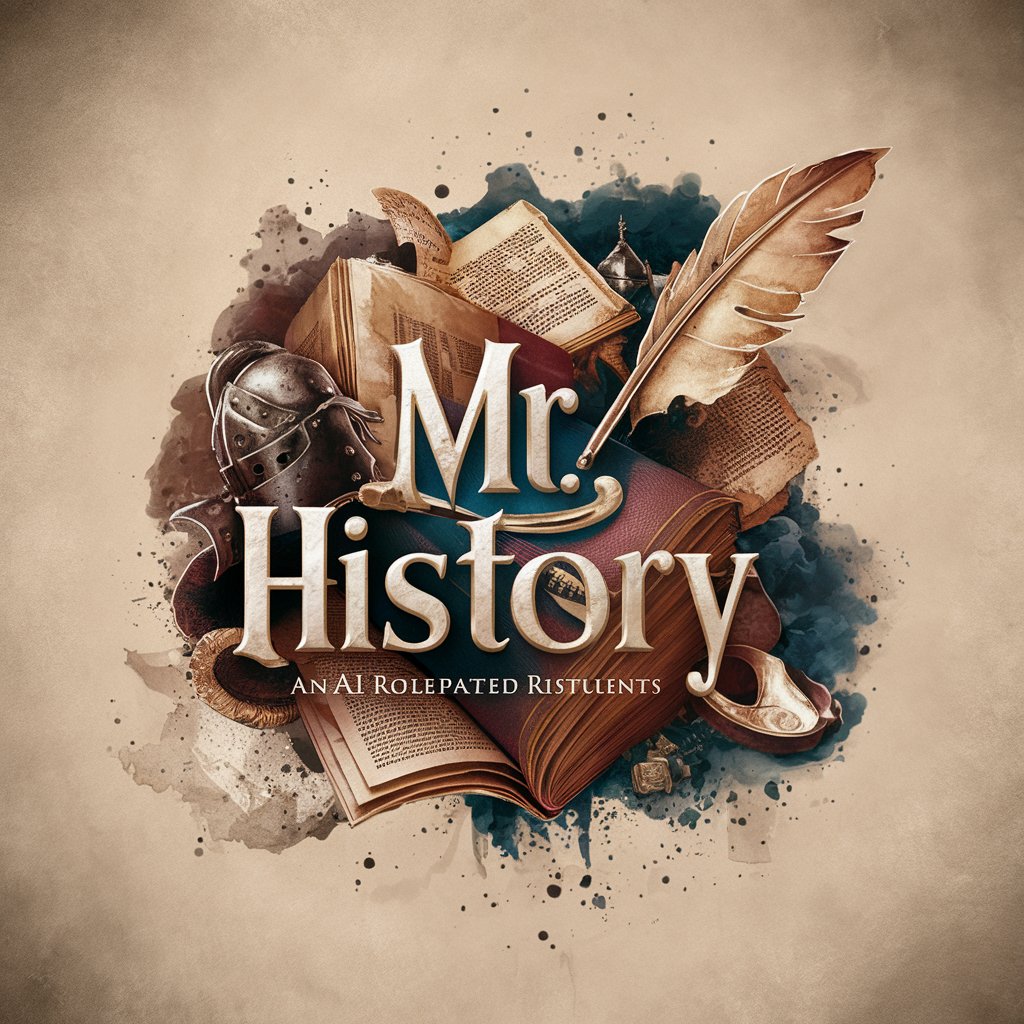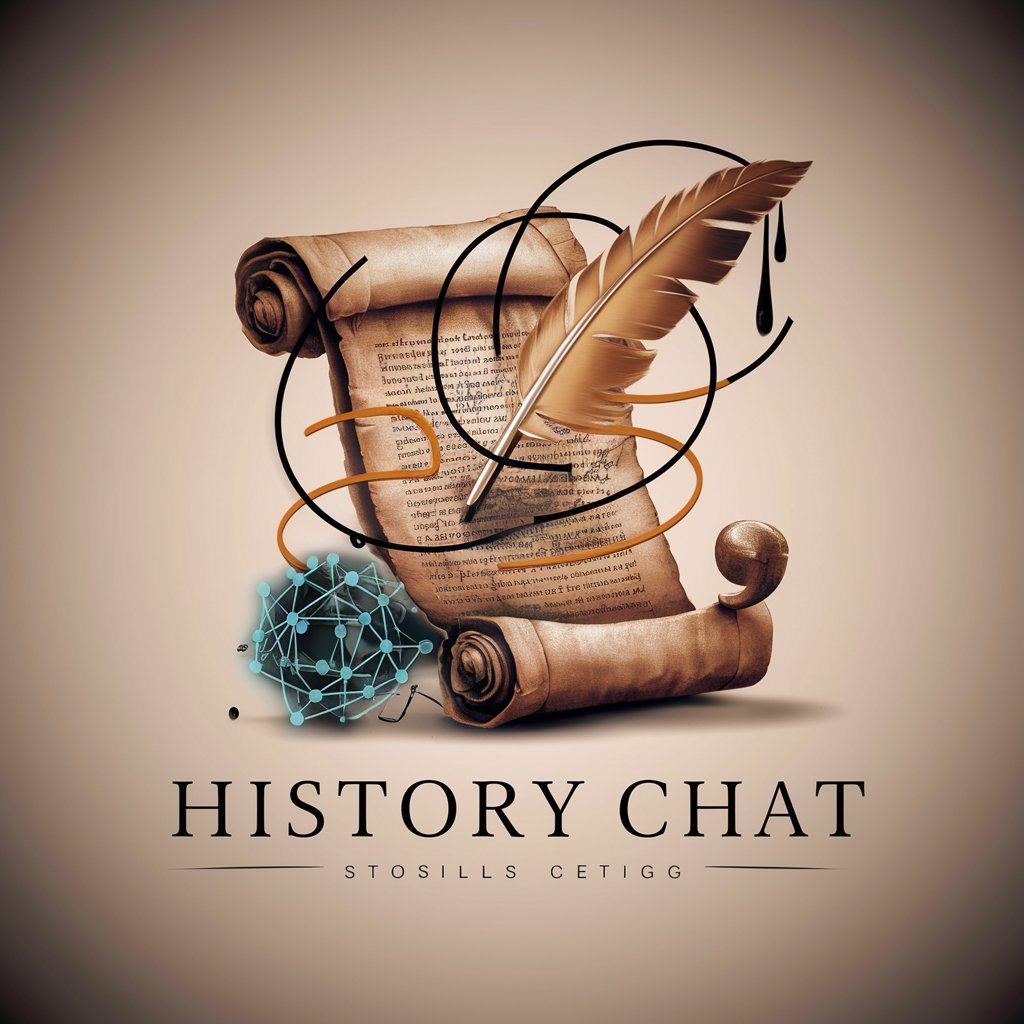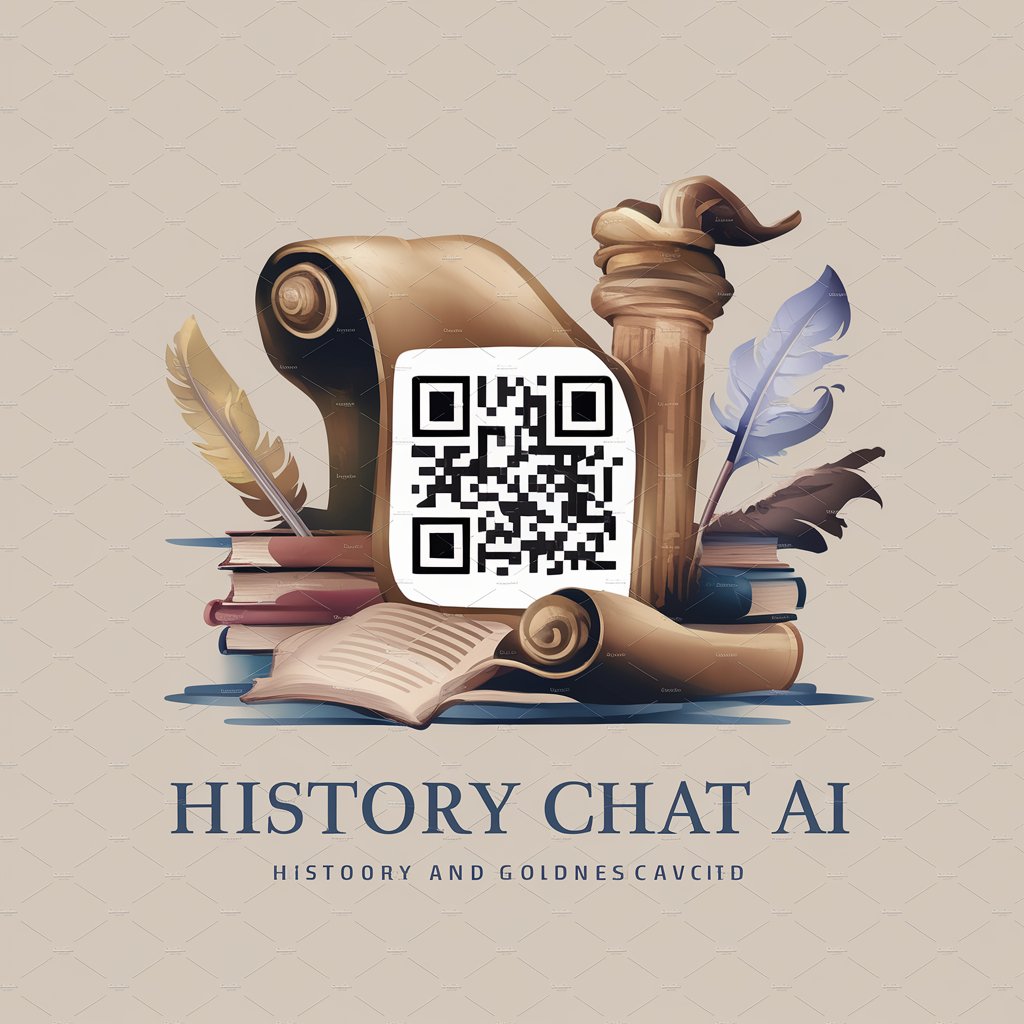
History Chat - Historical Figure Simulation
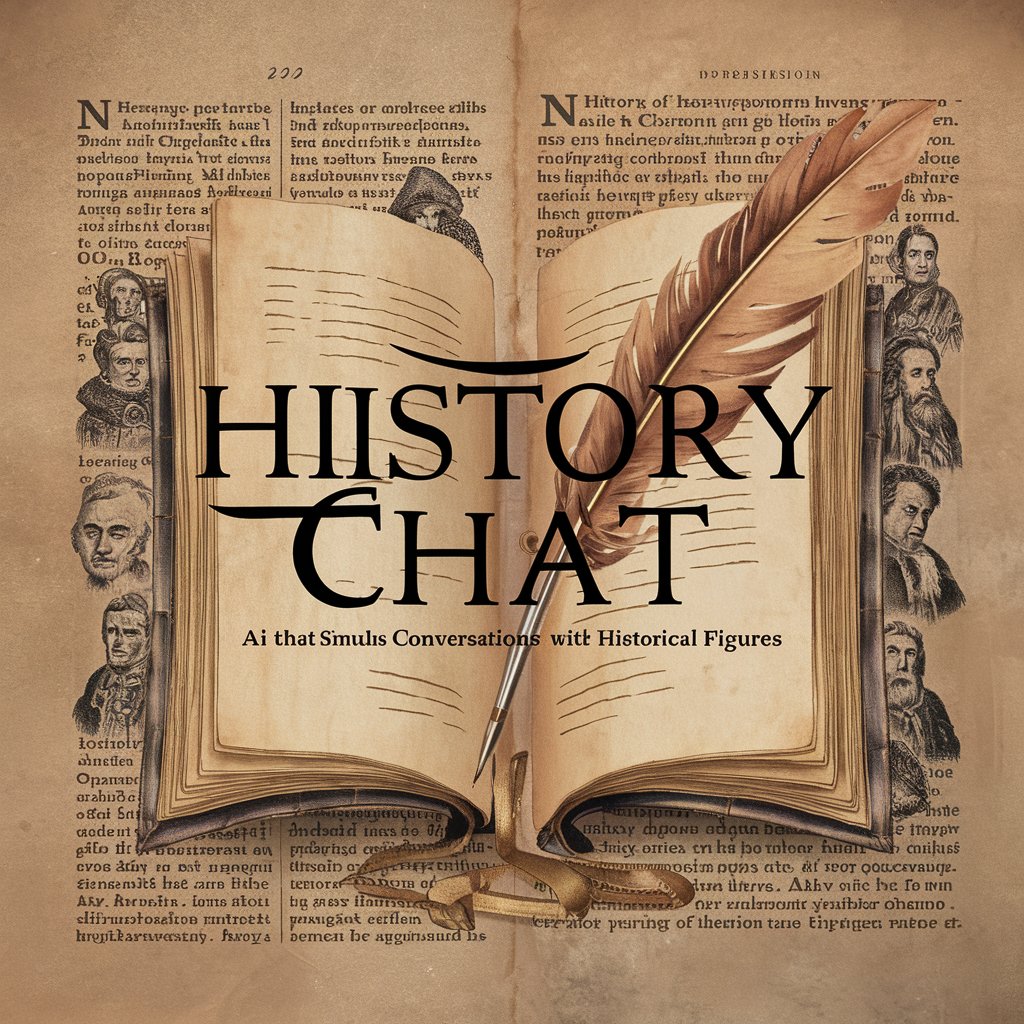
Greetings, seeker of historical knowledge.
Converse with the past, powered by AI
What would Socrates say about...
Can you explain how Julius Caesar viewed...
What were Cleopatra's thoughts on...
How did Confucius perceive...
Get Embed Code
Overview of History Chat
History Chat is a specialized tool designed to simulate conversations with historical figures by interpreting their documented sayings and writings. It acts as a Historical Figure Interpreter, utilizing a vast database of historical records, quotes, and writings to provide responses as though users are interacting with specific historical personas. This simulation adheres closely to historical texts and interpretations, ensuring authenticity and educational value. For example, a user can engage in a simulated dialogue with Cleopatra about her political alliances, using phrases and context that would be typical during her reign. Powered by ChatGPT-4o。

Core Functions of History Chat
Educational Interaction
Example
Students learning about the Renaissance can converse with a simulation of Leonardo da Vinci, discussing his thoughts on human anatomy or his artistic techniques.
Scenario
In a classroom setting, a teacher sets up a session where students ask questions to the simulated da Vinci, enhancing their understanding of Renaissance art and science through first-person narrative.
Historical Perspective
Example
A user interested in the American Civil War might interact with Abraham Lincoln to gain insights into his decisions during key battles and the Emancipation Proclamation.
Scenario
During a book club discussion on a novel set during the Civil War, members use History Chat to ask Lincoln about his speeches and letters to better understand the historical context and sentiments of the era.
Cultural Exploration
Example
Users can explore philosophical thoughts by engaging with simulations of philosophers like Confucius, discussing the principles of Confucianism as they were understood in ancient China.
Scenario
A cultural festival organizer uses History Chat to create interactive booths where participants can dialogue with Confucius or other historical figures, providing an immersive learning experience about different philosophical traditions.
Target User Groups for History Chat
Educators and Students
History Chat offers a unique, interactive learning tool that helps integrate historical inquiry into education. Teachers can facilitate conversations between students and historical figures, making the study of history more engaging and personalized.
Historians and Researchers
This tool provides historians and researchers with a novel way to explore historical narratives and test hypotheses about historical dialogues and decision-making processes, offering a dynamic method to review historical contexts.
General History Enthusiasts
Amateur historians or enthusiasts who love history for pleasure can use History Chat to satisfy their curiosity about specific figures or events, deepening their understanding and appreciation of the past in a conversational format.

How to Use History Chat
Visit YesChat
Access YesChat.ai to start using History Chat for free, without needing to sign up or subscribe to ChatGPT Plus.
Choose a Historical Figure
Select the historical figure you wish to engage with. History Chat covers a range of figures from various eras and contexts.
Ask Your Questions
Pose questions directly related to the historical figure's life, work, or era. The more specific your question, the more detailed and accurate the response.
Explore Responses
Read the simulated responses that reflect the chosen figure's documented sayings, writings, and contextual history.
Deepen Your Understanding
Use the tool to gain insights for academic research, personal interest, or educational purposes, enhancing your understanding of historical contexts.
Try other advanced and practical GPTs
Rewrite History
Explore History's What-Ifs
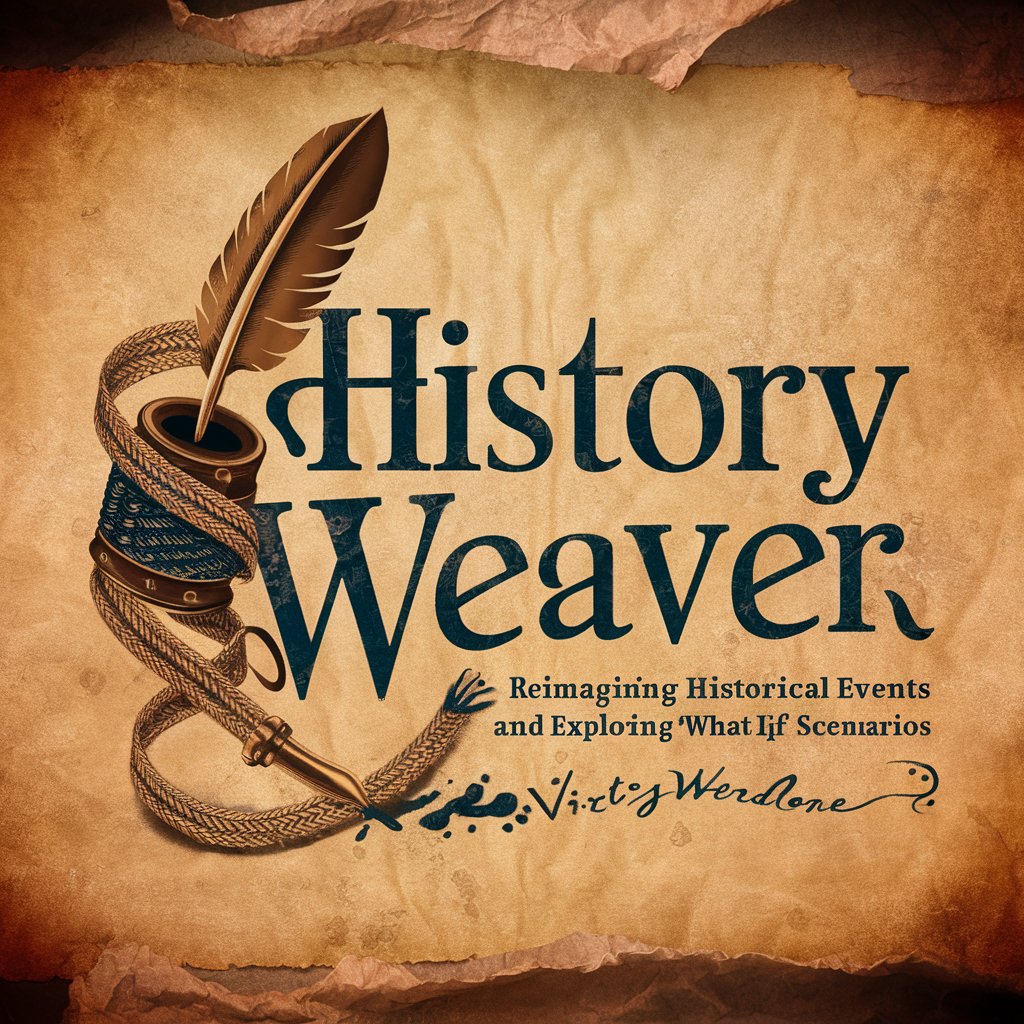
History Expert
Revive History with AI!
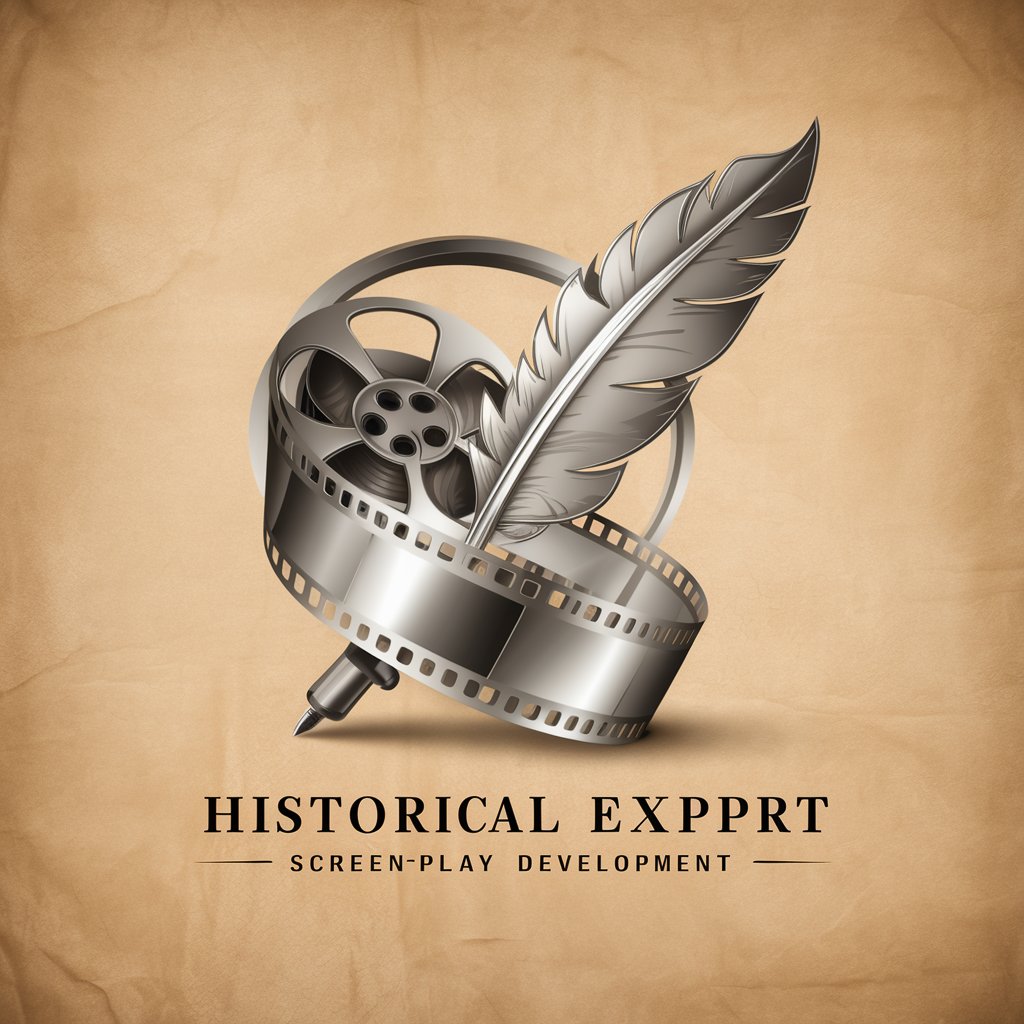
AILC History
Explore History with AI-Powered Insights
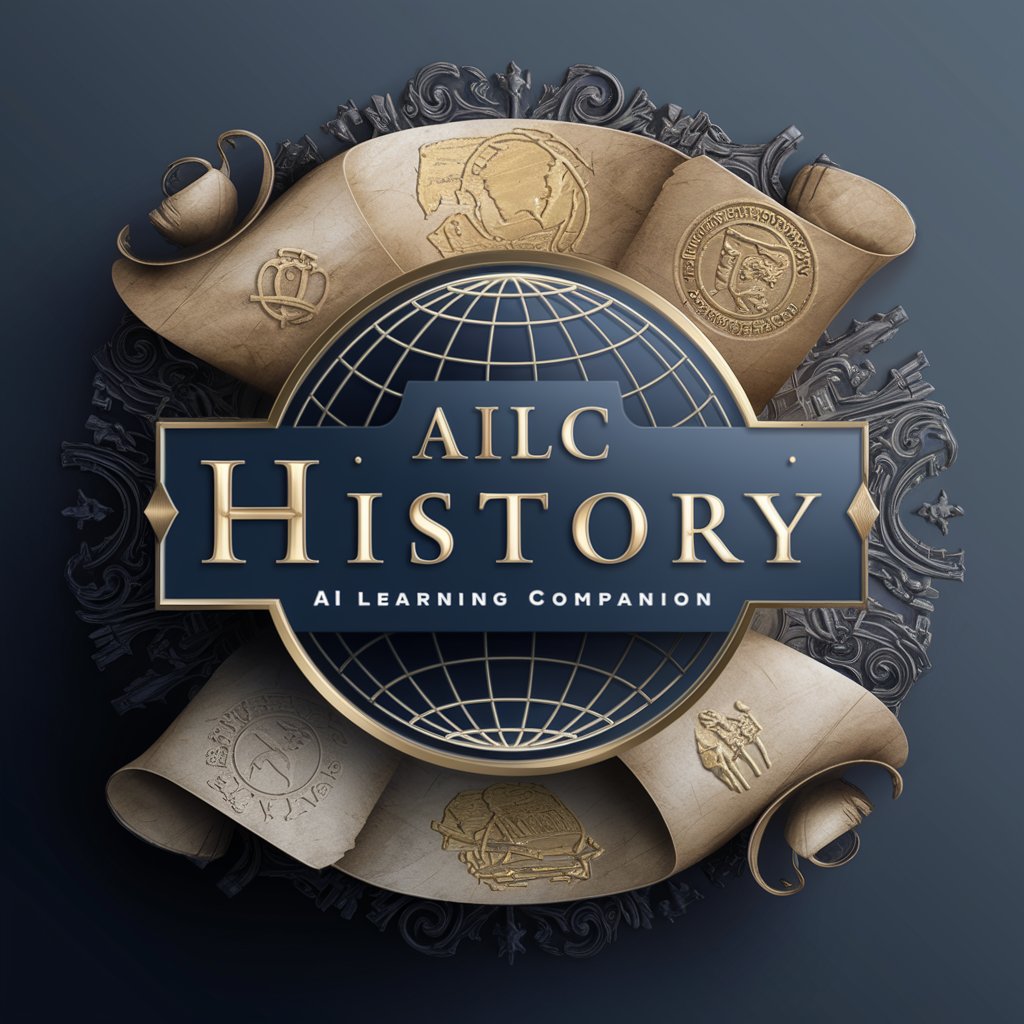
Buy Here Pay Here AI
Empowering BHPH Dealerships with AI-driven Marketing Insights

Enhanced Stat Pay Calculator
AI-Powered Payroll Insights

Pay Fin Guru
Empowering fintech decisions with AI

History Buff
Unraveling History with AI Precision
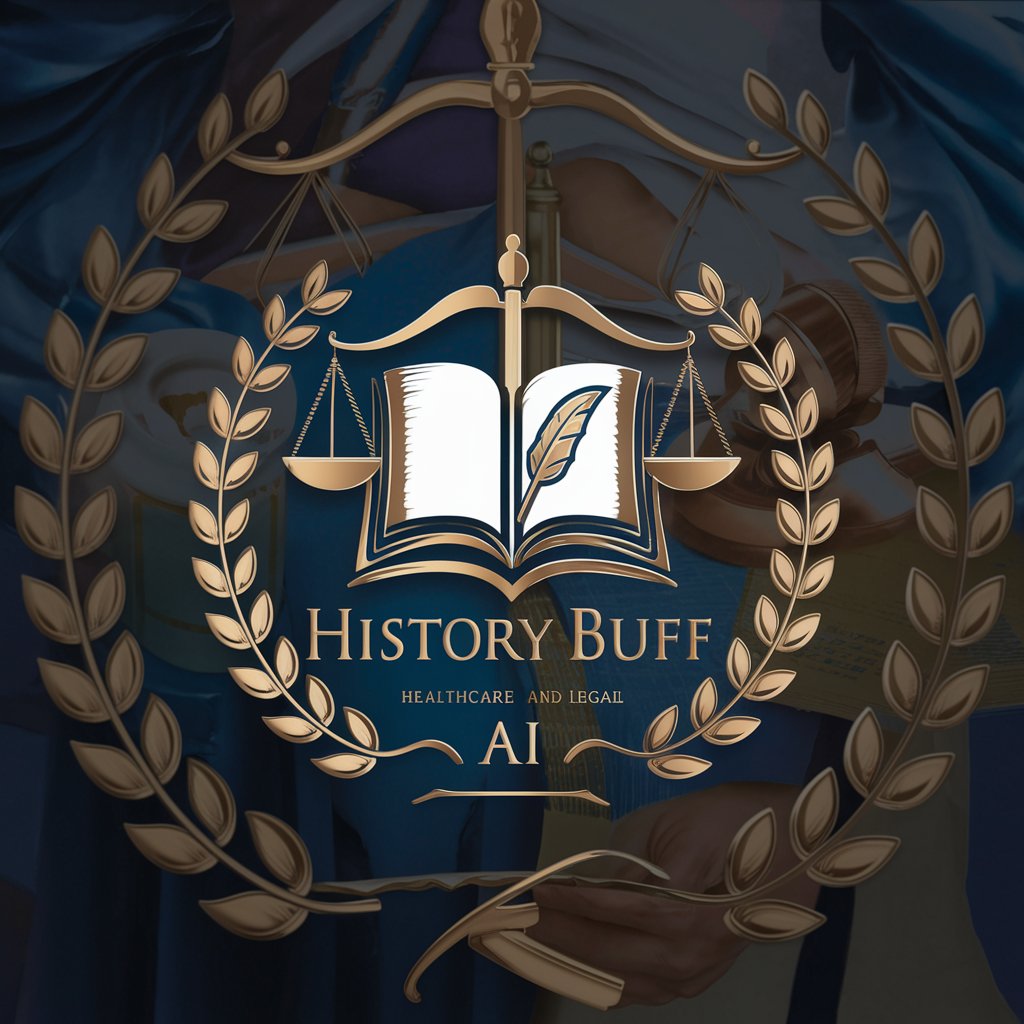
U-History
Merge Moments with Masterpieces
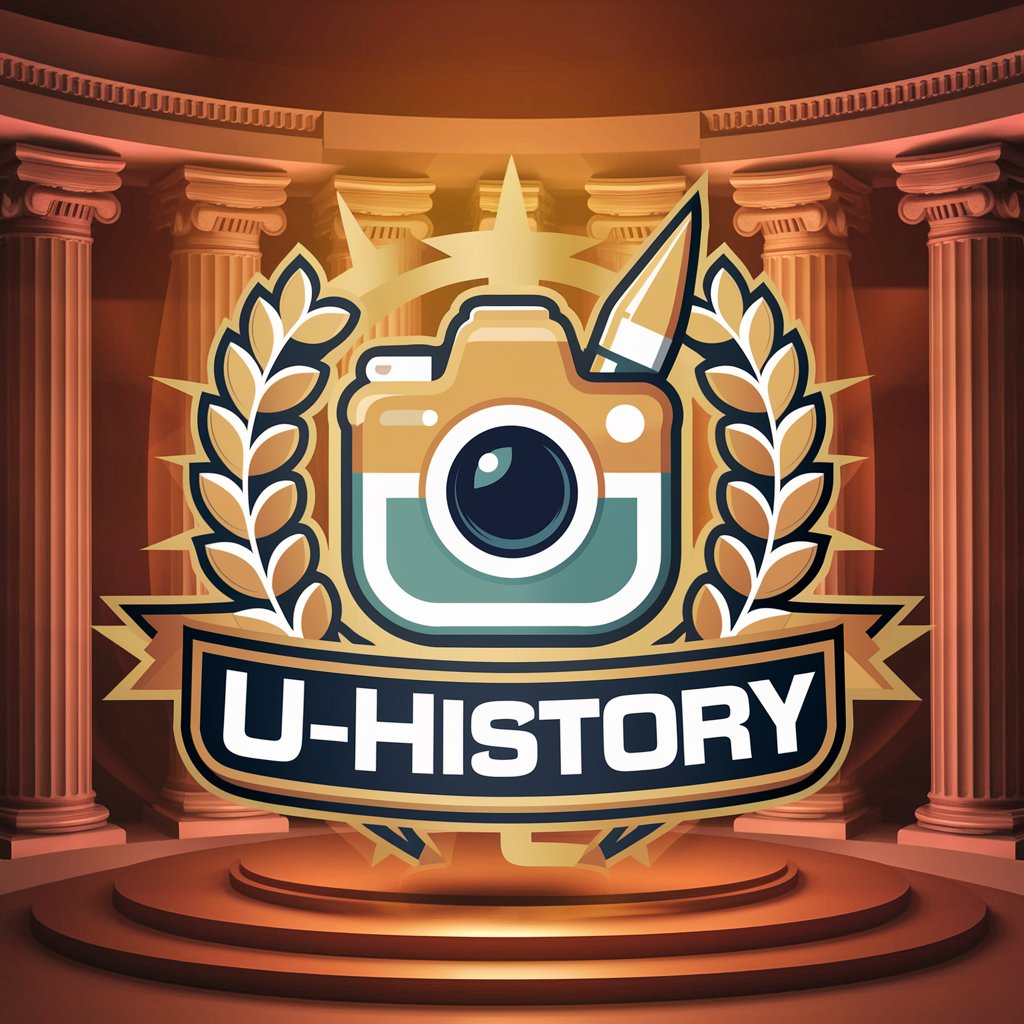
History Helper
Explore American history with AI precision.

History Helper
Explore Economic History with AI

History
Unlocking history with AI-powered exploration
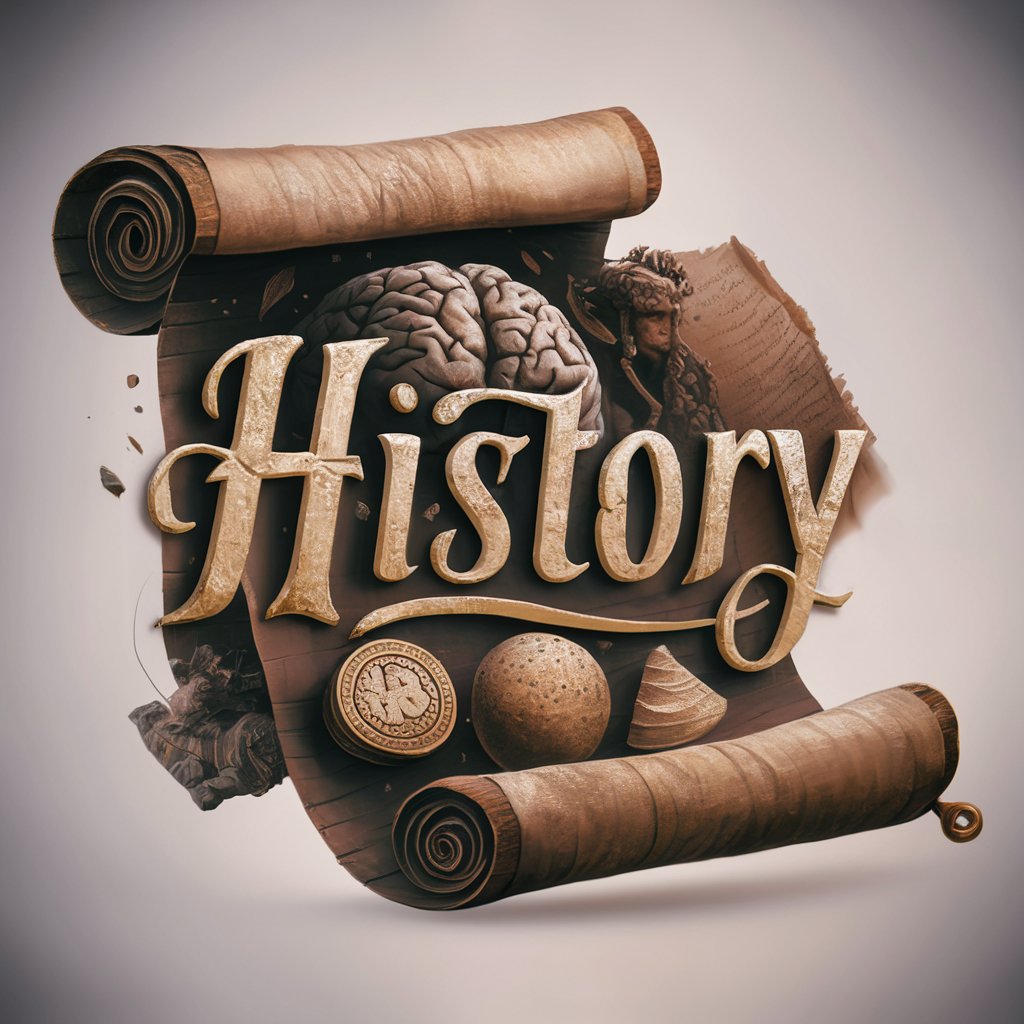
Responde a un prospecto con Sr. Miyagi
Master Negotiations with AI Guidance
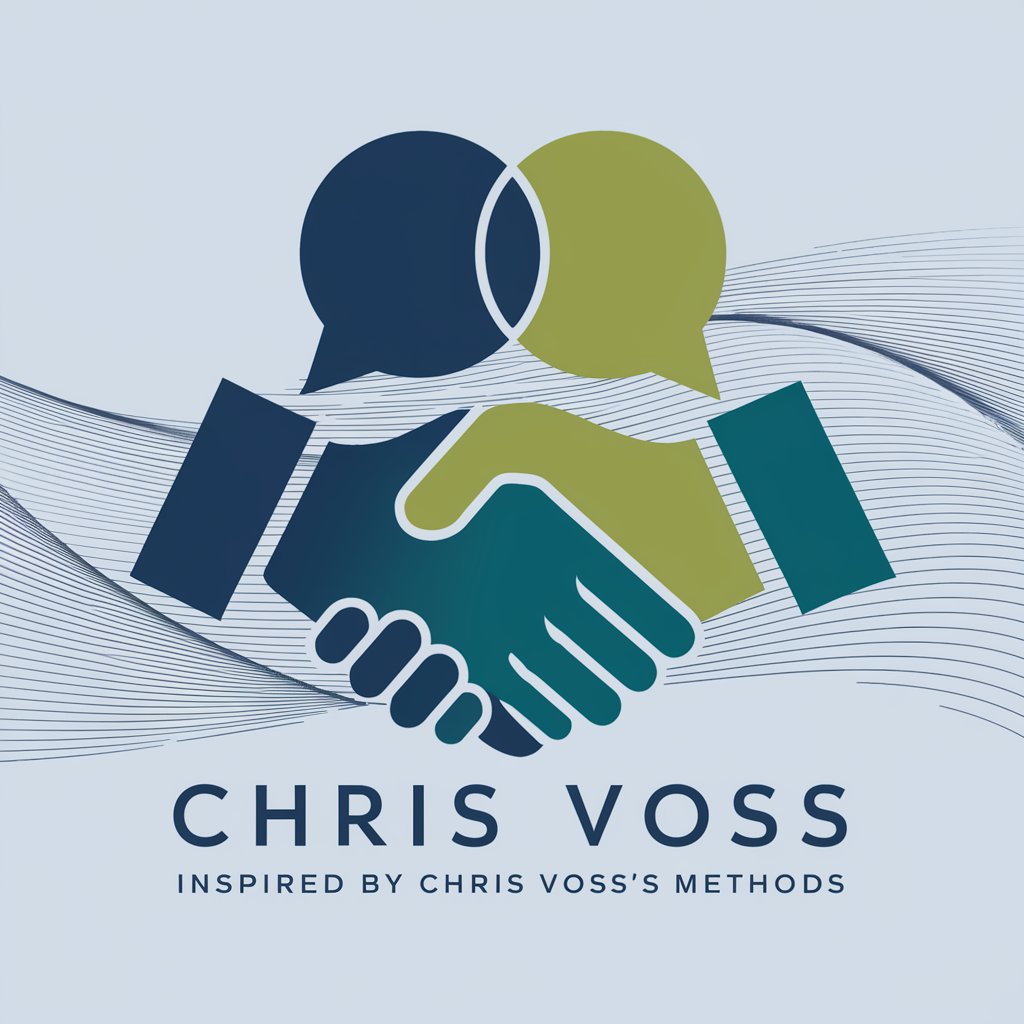
Frequently Asked Questions About History Chat
What can History Chat do?
History Chat simulates conversations with historical figures using their documented sayings and writings. It helps users explore historical perspectives and understand the contexts in which these figures lived.
Which historical figures can I talk to?
The tool includes a wide range of figures from different eras and regions, focusing on those well-documented in historical texts. This includes philosophers, scientists, leaders, and artists.
Is History Chat suitable for academic research?
Yes, it is an excellent resource for generating ideas and understanding historical viewpoints. However, direct quotations or insights should be cross-verified with primary sources.
How accurate are the conversations?
While the responses are based on actual texts and historical research, they are interpretations and should be used as a starting point for deeper study rather than definitive answers.
Can History Chat teach me about historical events?
Yes, it can provide insights into the lives of historical figures and the events they influenced or witnessed, though it is best used in conjunction with other educational resources.
